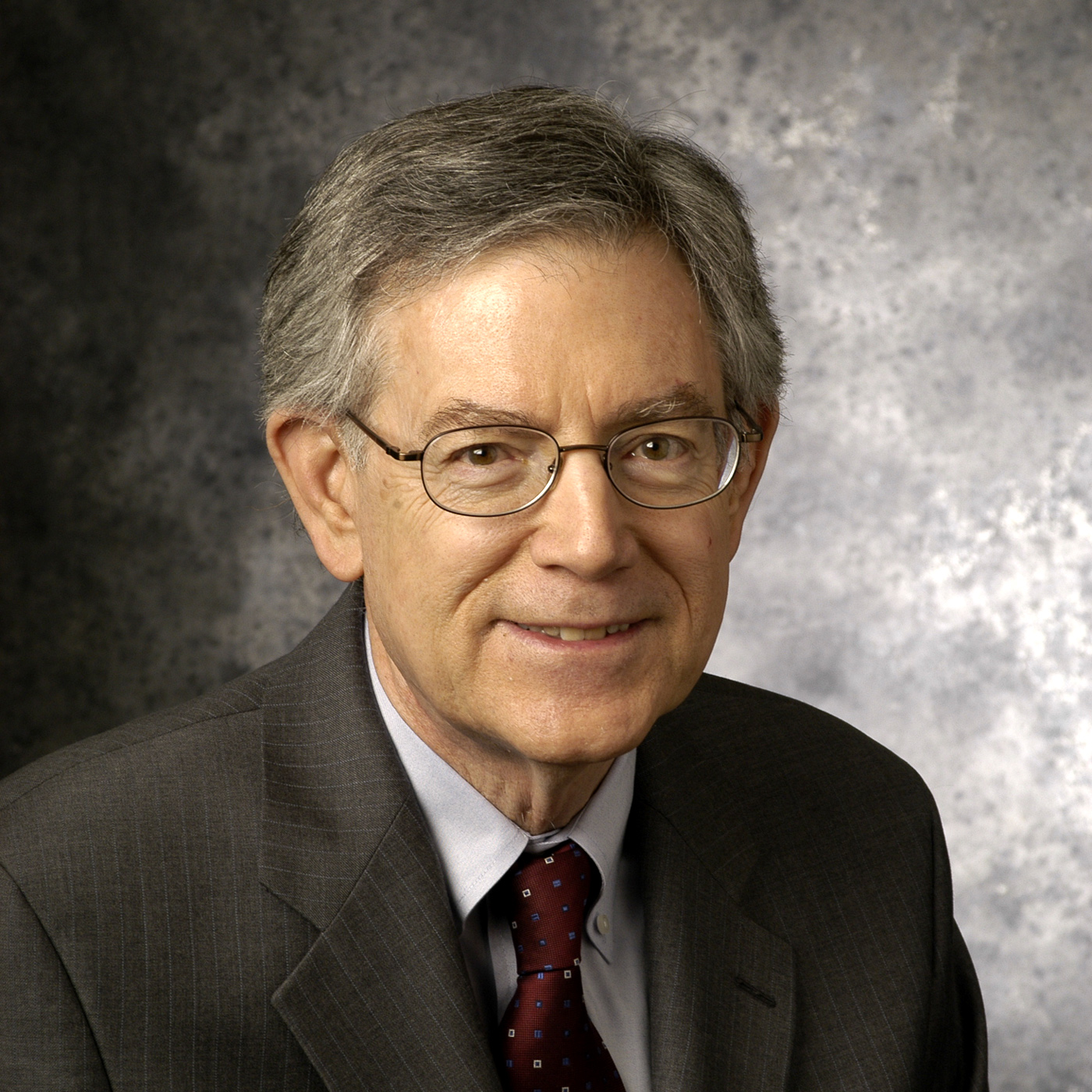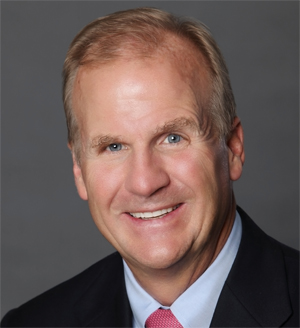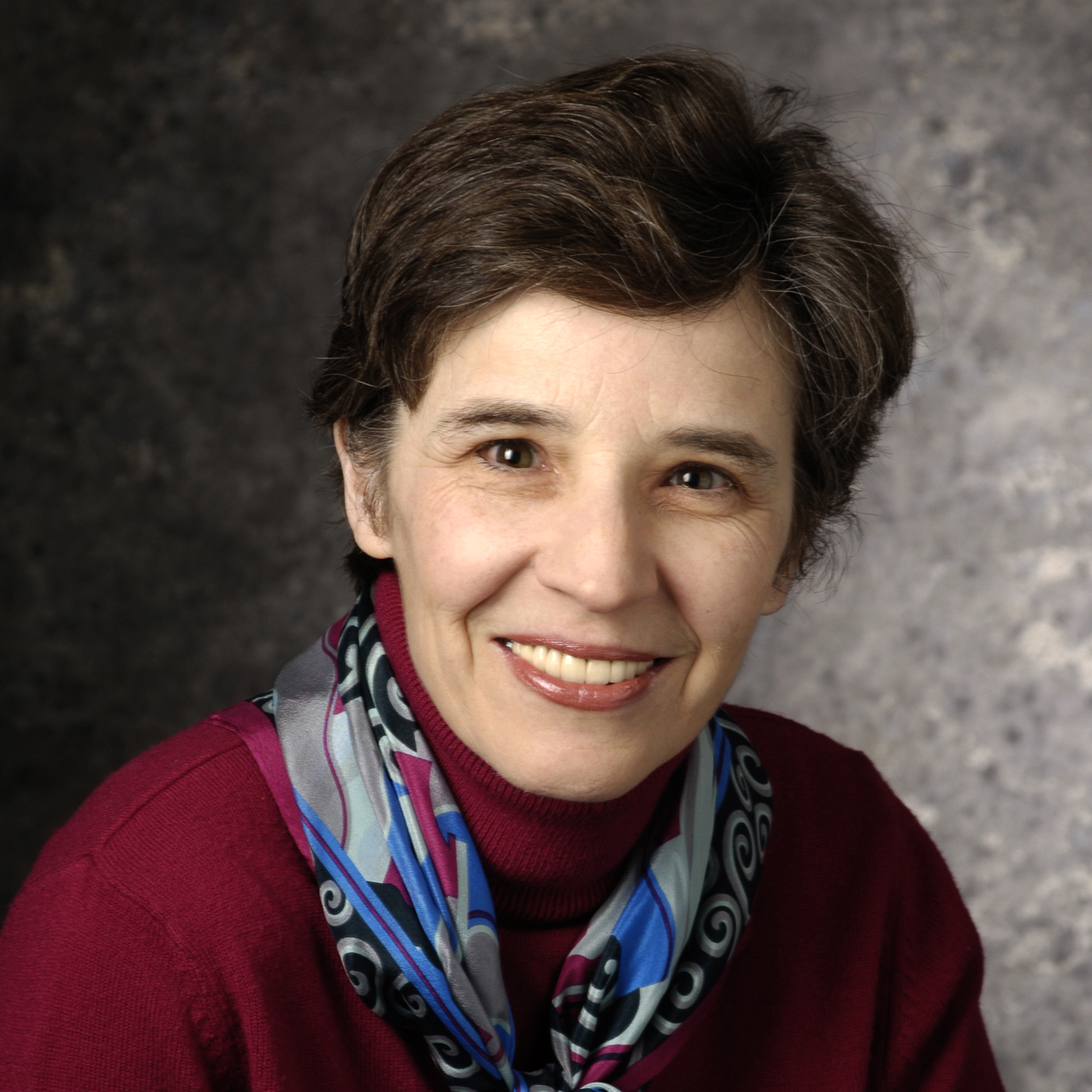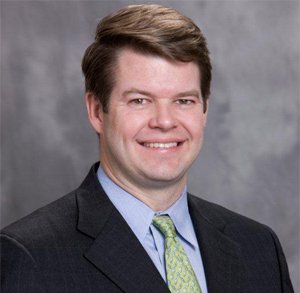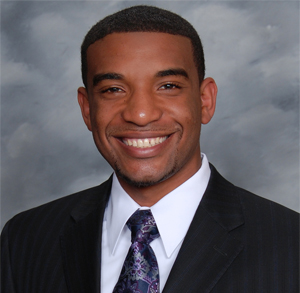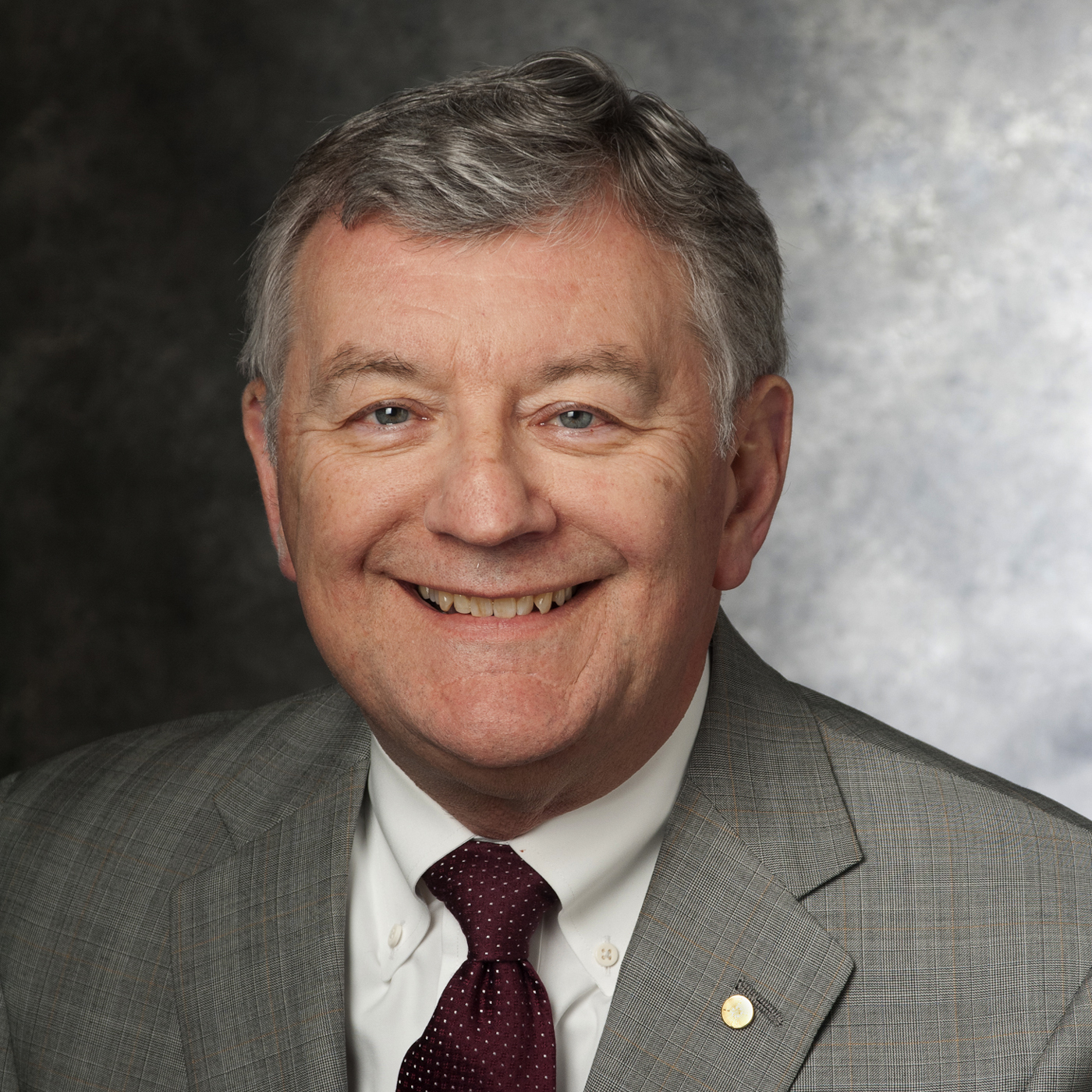Strengthening the University-City Connection for the Common Good
SMU's Centennial Academic Symposium brought together business, government and educational leaders to explore partnerships for the future.
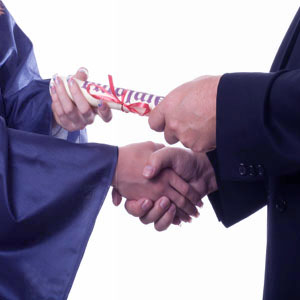
DALLAS (SMU) – The relationship between cities and universities was the theme of SMU’s Centennial Academic Symposium, held November 2011 in recognition of the partnerships that bind institutions of higher education and the communities surrounding them.
“The symposium is one of the highlights of 2011 as we celebrate the 100th anniversary of SMU’s founding,” SMU President R. Gerald Turner said prior to its start. “Knowing what an asset a high-quality university could be to the city, Dallas fought hard to be chosen as the site of SMU. But universities and their host cities must constantly update their relationships to be certain that intellectual capital is being focused for the greatest impact.”
Click here for a complete list of speakers, panel moderators and panel members.
Following are excerpts from some of the remarks and panel discussions and links to related blogs. Also available are videos of some of the sessions.
Welcome to the Symposium
James K. Hopkins"Our 21st century students, the so-called millennials, are both reflecting and leading a resurgence of volunteerism that reflects the desire to make a difference and that has played a key role in the civic turn," said SMU History Professor James K. Hopkins, the symposium chair. "My students continue to take advantage of older opportunities like Americorps and the Peace Corps but they are also increasingly attracted to Teach for America and many other less well- known service opportunities.
"More than 2500 SMU students volunteer each year with 70 Dallas nonprofit agencies, take service-learning courses, reside in the university’s Service House or travel on Alternative Spring Break to work in soup kitchens in San Francisco, on Native American reservations, or clearing hiking trails in national forests," he said.
"The university’s understanding of what it means to educate our students as global citizens has resulted in affiliations with over 100 study abroad programs around the world in the last five years. The Embrey Center for Human Rights, newly founded, has attracted over 200 human rights minors, the largest number of any university in the country. Recently, we have added a Human Rights major, one of the few universities in the country to offer such an opportunity to students," said Hopkins.
Educating America's Workers for Tomorrow's Jobs:
How is the global workforce changing and what do America’s employers need from today’s universities to address and leverage those changes?
William A. Blase Jr."Here's the issue that we've got," said William A. Blase Jr., senior executive vice president of Human Resources at AT&T, a member of the panel. "Demand for skilled workers is increasing. At the same time, availability of US workers with required skills is dropping. There is a big shortage of key skilled folks. AT&T has high employment demand in areas with predicted talent shortages — the STEM (science, technology, engineering and mathematics) skills. . . We need people who can see around corners and spot trends."
W. Michael Cox, director of SMU's William J. O’Neil Center for Global Markets and Freedom and session chair, said, "I'm going to give the perspective from the labor market as an economist. I'm going to talk about education, which I see as the key to sustaining the American Dream. This is a subject of much consternation in America.
"Looking at trends in the value of education," Cox said, "we see that something's going on to lower wages for bachelor's degrees. The incremental value of a bachelor's degree over a high school education is shrinking. One of the things we have to face is why this is happening. Degrees in hard sciences, one of the STEM sciences, are the higher paid degrees."
The 21st Century Multicultural City:
What is the impact of the region’s growing diversity on education, politics, health care, religion and culture and how can universities and the city partner to address these issues?
Caroline B. Brettell"There has been a long tradition of research relationships between cities and universities," said Caroline B. Brettell, University Distinguished Professor of Anthropology in SMU's Dedman College of Humanities and Sciences and a session co-chair. "I consider Dallas to be a very understudied city. This is a city that has changed enormously in the last 20 to 30 years. Twenty-five percent are foreign-born and 42 percent speak a language other than English at home. As you drive around, you will see this diversity throughout the landscape. As a truly multicultural city, Dallas inspires anthropologists like me to study the city."
G. Reid Lyon, an associate dean and Distinguished Professor of Education Policy and Leadership in SMU's Annette Caldwell Simmons School of Education and Human Development, said, "We have a number of faculty members studying reading. My work has been primarily with disadvantaged youngsters who can't read. Thirteen percent of whites read below basic level, 35 percent African-American children read below basic level, 45 percent of Hispanic children read below basic level, and 50 percent of people living in poverty are illiterate. Here's where we have failed dramatically: We know failure rates are not due to race or ethnicity, they are due to poverty."
Technology and the City of the Future:
How will the city be shaped by ever-changing technologies in the areas of transportation, energy and the environment and how can we be leaders in that transformation?
Hunter L. Hunt"There's a huge correlation between energy use per capita and GDP per capita," said Hunter L. Hunt, chairman and CEO of Hunt Oil Company. "That's intuitive — as people make more money, they use more energy. And with the massive global trend of people moving from rural areas to cities, it's causing greater and greater demand for energy. Texas is blessed to have wind, sunshine and natural gas as alternative-energy resources. . . The fly in the ointment is water. It's critical to oil and gas production, but it's also essential to human life. We have to plan for preserving (this)."
Betsy del Monte, FAIA, LEED BD+C, principal and director of Sustainability for The Beck Group, said, "It's not too great an aspiration for Dallas to become a net-zero environmental city. The challenge is understanding ourselves. We have no natural boundaries - rivers, mountains. We can grow all the way out to Oklahoma, and sometimes I think we're trying to!
"We're challenged to make use of infrastructure we already have in place and maximize that," del Monte continued. "Many of our local design firms, including our own, don't have their own research departments. We look to universities to provide that engine of knowledge."
Students and the Common Good:
How can today's students serve and learn from their communities?
Warren Seay Jr."One of the things I think separates SMU students is our professors are so engaged and they want to know us on the one-on-one level," said Warren Seay Jr., SMU '10, an SMU Law School student and president of the DeSoto ISD School Board. "We have the obligation to solve, to figure out, what makes you angry? What's your itch? The second part is translating that to a service opportunity. I think the president and provost are making a great investment."
Bethany Mackingtee, SMU '12, a student representative to the Board of Trustees Student Affairs Committee and student representative to the University Conduct Board, said, "When I first started looking into helping out at high schools in the area, I got some backlash, but I asked a lot of the resources here at the School of Education ... They said just make sure you're going in there respectfully, that you're going in to help them. ... Eventually they started to welcome me into their classrooms. I think it's a test to see how passionate you are about something."
Closing Remarks
William B. Lawrence"It’s just as important to remember that what Southern Methodist University did in its desegregation in 1952 was precede the desegregation that occurred at other Southern universities, including my undergraduate institution, Duke, which was 10 years later than SMU in desegregating," said William B. Lawrence, dean and professor of American Church History in SMU's Perkins School of Theology.
"And the pattern of desegregation happened first at this university. SMU led the way for the people of Dallas. . . SMU was 20 years ahead of the city. There is something to be said for a university staking out its moral vision by saying we’re not going to wait until the city is ready for something to happen. We’re going to help the city understand that it’s time for something to happen. And that’s a moral imperative. We at SMU can be proud of the fact that this university led the way in this part of the state on that matter. And that was a marked transformation," he said.
In closing the symposium, Lawrence said, "What universities can do in partnerships with cities is create mysterious connections that offer marked transformations and that don’t become missed opportunities to remake the world. That’s what we do here. That’s what we can continue to do even better in partnership between the City of Dallas and this campus."
# # #
